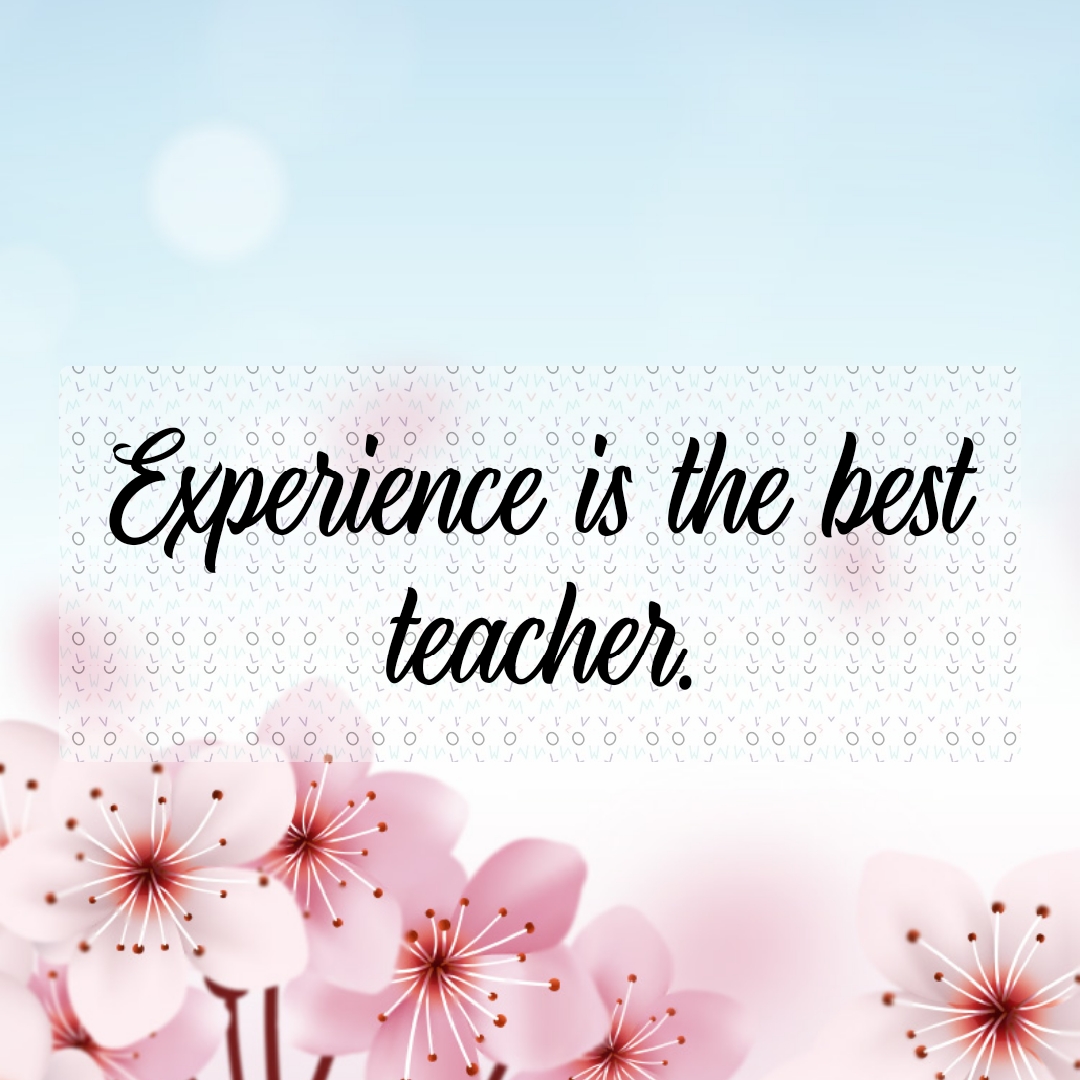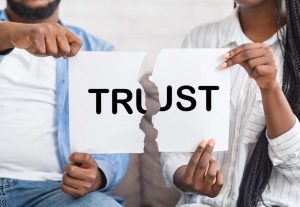Experience is the best teacher implies that practical knowledge gained through personal involvement and firsthand encounters is often more valuable and impactful than theoretical learning or advice from others. The statement suggests that facing real-life situations, challenges, and successes provides a deeper understanding and wisdom that cannot be fully obtained through reading or being told about them.
Undoubtedly, the traditional education and learning from others can be valuable, but there are aspects of knowledge that can only be acquired through direct experience. Experiencing something allows individuals to develop skills, gain insights, and build a more nuanced understanding of various situations. Mistakes and failures during the learning process can also contribute significantly to personal growth and resilience.
It is crucial to note that experience teaches us things through a process of observation, action, and reflection. First, experience involves actively engaging with a situation, task, or challenge. This hands-on involvement allows individuals to apply their knowledge, skills, and abilities in a real-world context.
Second, experience allows individuals to observe the outcomes of their actions and the responses of the environment or people involved. This observation helps in understanding cause-and-effect relationships and recognizing patterns.
Moreover, the outcomes of actions provide feedback, which can be positive or negative. Successes and failures both offer valuable lessons. Positive outcomes reinforce effective strategies, while negative outcomes prompt individuals to reassess their approach and consider alternative methods. Based on the feedback received, individuals may adjust their behavior, strategies, or decision-making processes. This adaptive response is a key component of learning from experience, as it demonstrates the ability to evolve and improve.
Beyond that, experience often involves encountering challenges or problems. Dealing with these obstacles requires problem-solving skills, fostering the development of practical and creative solutions. Overcoming challenges enhances resilience and confidence.
More so, experiences are often accompanied by emotions, whether it’s the satisfaction of success, the frustration of failure, or the joy of overcoming difficulties. Emotional engagement can deepen the impact of the learning and make the lessons more memorable.
It’s, therefore, important to note that not all experiences lead to positive learning, and individuals may interpret and internalize lessons differently. Additionally, the quality of the learning experience often depends on the openness, the ability to reflect, and the willingness to adapt based on feedback. Also, learning from one’s mistakes and successes doesn’t mean disregarding the guidance and knowledge shared by others. A balanced approach that incorporates both experiential learning and leveraging the wisdom of others often leads to a more comprehensive and well-rounded education.
📍 English Language Educator | Blogger & Content Strategist | 7+ Years in Educational Blogging
Nosheen Bashir is a dedicated English teacher and experienced blogger with over seven years of expertise in content creation and educational writing. Passionate about language, literature, and effective communication, she combines her teaching experience with blogging skills to create insightful, research-backed content that helps learners and educators alike.
🔹 Expertise & Achievements:
✔ English Language Education: A skilled educator with years of experience in teaching English grammar, literature, and communication skills to students of varying levels.
✔ Educational Blogging: Running a successful blog for 7+ years, delivering well-structured, engaging content on language learning, writing techniques, and academic success.
✔ SEO & Content Strategy: Specializes in creating high-ranking, authoritative articles that follow Google’s EEAT principles, ensuring content that is both informative and search-friendly.
✔ Student-Centric Approach: Committed to making English easier, engaging, and accessible, helping readers and students improve their language proficiency.
🚀 With a passion for teaching and writing, Nosheen Bashir is dedicated to crafting educational content that empowers students, teachers, and language enthusiasts worldwide.









